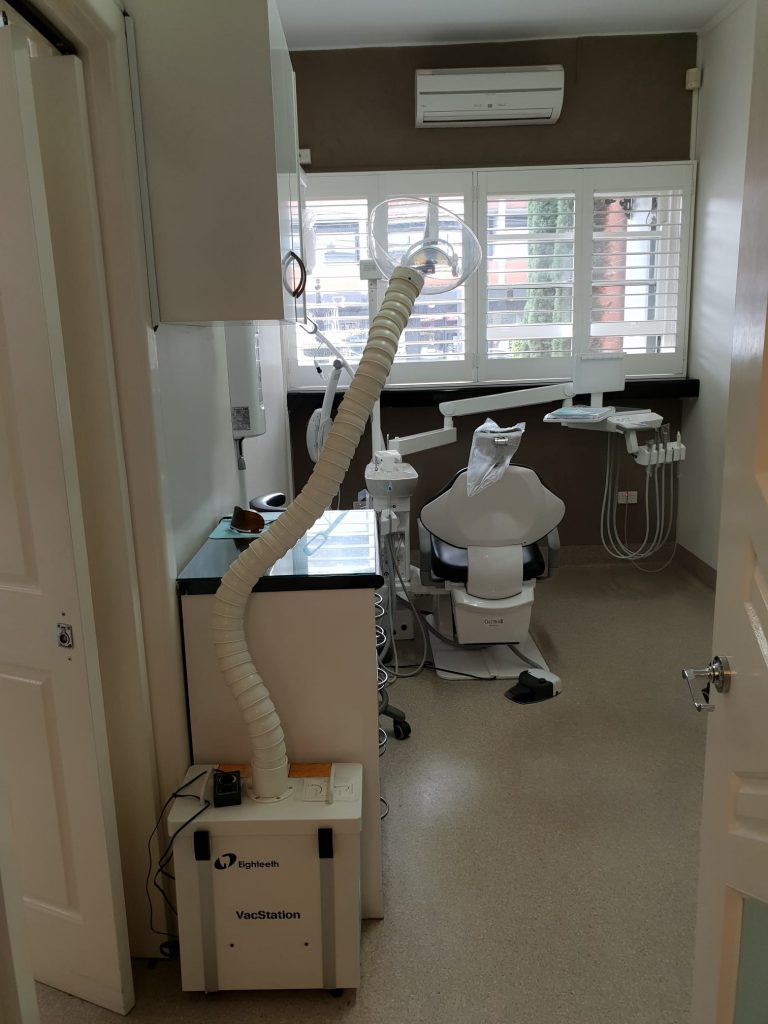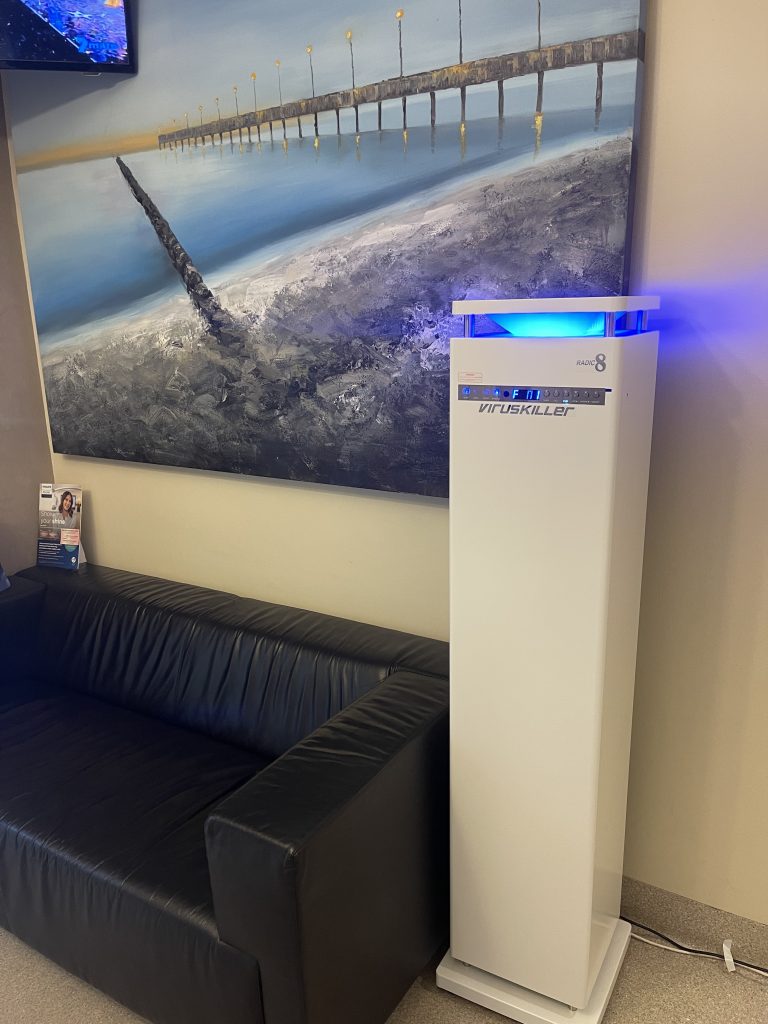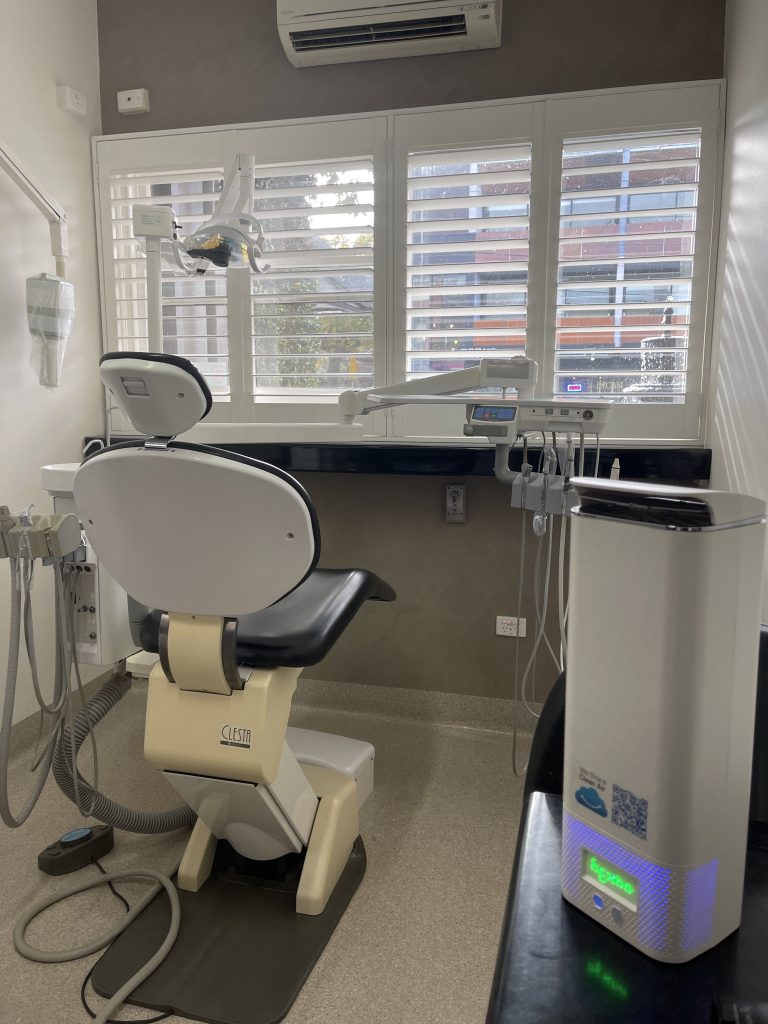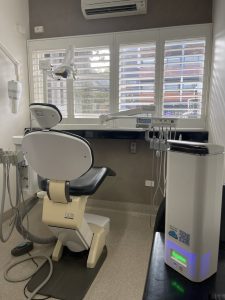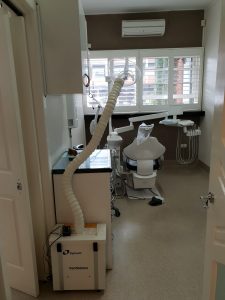Scaling + Gum therapy

What Is Dental Scaling?
Dental scaling is the most common nonsurgical way to treat gum disease, which is also known as periodontitis.
What is dental scaling?
If your disease is moderate, but not severe, your dentist may recommend scaling to treat the disease and keep it from getting worse. But if you have severe periodontal disease and your condition may require gum surgery, your dentist and periodontist may recommend a scaling and root planning before the surgery, as well as a thorough teeth-cleaning prior to the procedure.
The sticky, bacteria-filled plaque that causes gum disease tends to accumulate in the area along and just below the gum line. If you have gums that are slightly receded from your teeth, you may be at increased risk for gum disease and your dentist may recommend scaling. Scaling is nonsurgical, but it is a different type of procedure from a standard dental cleaning because it involves cleaning the areas of the tooth below the gum line.
There are two types of scaling instruments and some dentists or dental hygienists may use both:
- Scaling with hand-held instruments. Your dentist or periodontist will use a dental scaler and curette to manually remove (scale) the plaque from the teeth. Because the dentist or dental hygienist can’t see the plaque, they rely on touch to identify areas of tartar buildup and rough spots.
- Scaling with ultrasonic instruments. Ultrasonic scaling instruments clean plaque from the teeth with a vibrating metal tip that chips off the tartar and a water spray to wash it away and keep the tip cool.
Be sure that your dentist knows your total health history before he or she performs a scaling and root planing procedure. The procedure can introduce bacteria into the bloodstream, so precautions may need to be taken to treat gum disease in people who are at increased risk for infections, such as those with heart problems, liver disease or a compromised immune system due to an illness, such as HIV.
Patients Often Confuse Plaque and Tartar and How They are Related to Each Other
Plaque
Is a sticky, colourless deposit of bacteria that is constantly forming on the tooth surface. Saliva, food, and fluids combine to produce these deposits that collect on teeth and where teeth and gums meet. The buildup of plaque can trap stains on the teeth, and it is also the primary factor in gum disease. Fighting plaque is a life-long part of good oral care. Plaque begins forming on teeth 4 to 12 hours after brushing, which is why it is so important to brush at least twice a day and floss daily.
Tartar
Also called calculus, is a crusty deposit that can trap stains on the teeth and cause discolouration. It creates a strong bond that can only be removed by a dental professional. Tartar formation may also make it more difficult to remove new plaque and bacteria. Individuals vary greatly in their susceptibility to plaque and tartar. For many of us, these deposits build up faster as we age.



Understanding Calculus


You Can Help Prevent The Buildup of Tartar By
Having your teeth cleaned professionally every 6 months, or more frequently as recommended by your dentist or hygienist
Brushing with a toothpaste that contains pyrophosphate, such as Crest® Tartar Protection, which adheres to the tooth surface and inhibits the formation or growth of calculus crystals
Brushing with Crest® Pro-Health or Crest® Vivid White, which contain sodium hexametaphosphate, a pyrophosphate specially formulated to not only inhibit calculus but also loosen and break the bonds of extrinsic stains for powerful whitening and a protective barrier to prevent future stains





